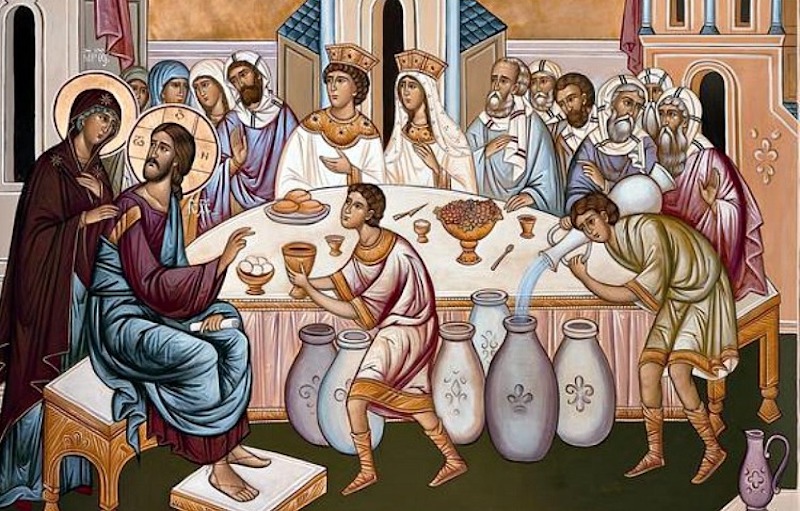Last but not least, we arrive at the Greek word most often translated as love in the New Testament: agape. While the verb form of this word can be traced all the way back to Homer, there are very few instances of the word agape being used in Greek literature.
Fascinatingly, the word agape derives its meaning from its use in the New Testament. The earliest followers of Jesus who wrote books of the New Testament in Greek, they didn’t learn the meaning of agape by looking it up in ancient dictionaries. Rather, they looked to the teachings of Jesus and the story of his life to redefine their very concept of love!
The two sides of Agape
In one famous story about Jesus, he was asked about the most important commandment in the Jewish Scriptures. In response, Jesus quoted as passage from Deuteronomy: “And you must love the Lord your God with all your heart, all your soul, and all your strength.” Jesus then quickly appended to this another commandment from the Leviticus: “Love your neighbor as yourself.”
Which of these two commandments the most important – loving God or loving your neighbor? Jesus’ answer is “YES!” For Jesus, they’re two sides of the same coin. Your love for God will be expressed by your love for people and vice versa. They are inseparable.
Bigger than a feeling
Unlike ahavah, agape is not a primarily a feeling, it’s an action. It’s choosing to seek the well-being of others with no expectation of anything in return.
According to Jesus, this kind of generous, self-give love reflects the very heartbeat of God: “Love your enemies! Do good to them. Lend to them without expecting to be repaid. Then your reward from heaven will be very great, and you will truly be acting as children of the Most High, for he is kind to those who are unthankful and wicked. You must be compassionate, just as your Father is compassionate.”
Loving Like Jesus loved
Now, we wouldn’t be talking about Jesus still today if he had only said things like, “love your enemy.” This is how he actually lived. Jesus was constantly helping and serving the people around him in very practical and tangible ways. And
he consistently moved towards poor and hurting people who couldn’t benefit him in return. He showed love for the forgotten ones, the people who usually fall through the cracks.
And when Jesus eventually marched into Jerusalem, he made himself an enemy of the leaders of his people by accusing them of hypocrisy and corruption. But then, instead of attacking his enemies to overthrow them, he allowed them to kill him. Jesus died for the selfishness and corruption of his enemies because he loved them.
After Easter morning, Jesus, and then his followers, claimed that it was the power of God’s love for the world that was revealed in Jesus’ life, death, and resurrection. As the Apostle Paul put it, “God demonstrated his own agape for us in this, while we were still sinners, the Messiah died for us.”
Or in the words of the Apostle John, “God’s own agape was revealed when he sent his one and only Son into the world, so that through him, we could have life.” And for John then, this naturally leads to the conclusion, “beloved ones, if that’s how God loved us, then we ought to show love for one another.”
So Christian faith involves trusting that at the center of the universe is a being overflowing with love for his world, which means that the purpose of human existence is to receive this love that has come to us in Jesus and then to give it back out to others, creating an ecosystem of others-focused, self-giving love.
And that’s the New Testament meaning of agape love.









